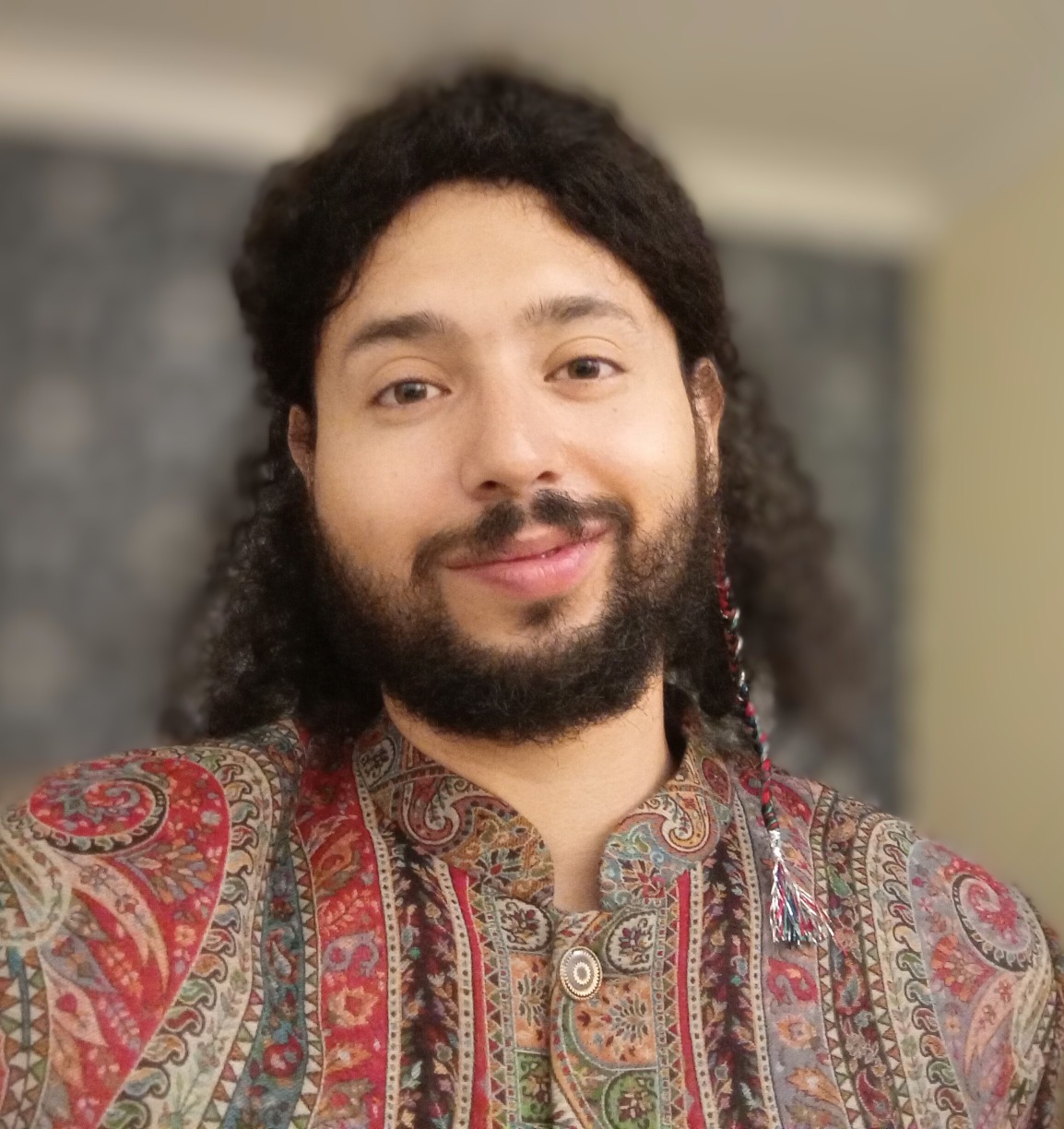There are no items in your cart
Add More
Add More
| Item Details | Price | ||
|---|---|---|---|
Story telling, methods, social sciences
Instructor: Julio César Díaz CalderónLanguage: English
Over the past forty years, storytelling has emerged as a transformative tool, introducing innovative methodologies across various disciplines within the Social Sciences and Humanities. This short course explores these methodologies and showcases practical examples where storytelling expands both theoretical and applied dimensions of academic work. Departing from Eurocentric frameworks, the course highlights global perspectives, engaging authors who critique or reimagine dominant narratives about their communities.
Overall, this course invites participants to embrace storytelling as a dynamic and inclusive research methodology, encouraging critical engagement and creative expression in addressing the complexities of our world. Delivered in two virtual sessions, it is designed for participants interested in storytelling as a research approach within their fields or as a strategy for community empowerment. Each session includes practical exercises in writing, reading, and sharing participants’ stories.
Session One (Day 1, 90 Minutes)
Instructor: Julio César Díaz Calderón
Saturday, October 18, 2025, 10:00 AM-1:00 PM IST
Outline:
1. Cultivating Stories in Unexpected Spaces and Themes
a. Introduce three key avenues through which storytelling has entered the Social Sciences and Humanities. We will discuss the opportunities and challenges associated with these approaches, alongside practical tools to overcome obstacles like writer’s block, impostor syndrome, and the intimidation of a blank page. Various writing styles will also be examined to inspire creativity.
2. Storytelling with Archives
a. Introduction to how storytelling reshapes historical research and our understanding of the past. We will focus on trans/feminist/queer and postcolonial/de(s)colonial methods that reimagine archives. Topics include the tension between fact and fiction, different types of archives, and the uses of storytelling the past in research and political activism. Participants will reflect on the archive’s role in storytelling and its broader implications for political narratives.
Session Two (Day 2, 90 Minutes)
Instructor: Julio César Díaz Calderón
Saturday, October 25, 2025, 10:00 AM-1:00 PM IST
3. Critical Life Storytelling
a. Life history methods have become central to Social Sciences and Humanities research. We will examine how trans/feminist/queer and postcolonial/de(s)colonial life histories challenge discriminatory representations by academic, medical, and political elites. Emphasis will be placed on maintaining critical perspectives, asking who tells the stories, for whom, and to what ends. Participants will explore the ethics and politics of life storytelling as a tool of resistance.
4. Political Storytelling in Community
a. We will review examples of research that actively supports communities in resisting structural domination. Discussions will center on speaking with communities rather than about or for them, as well as navigating insider, outsider, and intermediary roles. We will address issues like unequal labor distribution in collaborative projects, ethical paradoxes in the field/in politics, and ensuring equitable sharing of the benefits derived from community efforts.
1. Equip participants with tools to utilize storytelling as a dynamic and inclusive research methodology within the Social Sciences and Humanities.
2. Foster interdisciplinary and multidisciplinary approaches to the study of international social relations and politics, encouraging critical engagement and creative expression to navigate the complexities of global issues.
3. Support students in crafting compelling stories for academic and literary audiences by guiding them through the processes of editing, peer review, and publication.
WHO CAN BENEFIT FROM THIS
1. Undergraduate Students Preparing for Independent Research or Theses
2. PhD Scholars
3. Early career faculty and researchers
4. Anyone else who’s enthusiastic about storytelling in a globalized context
PRE-REQUISITE
Experience on research in any discipline of the Social Sciences and the Humanities
E-certificate (provided) for 70% attendance across both sessions.
Online,
IDEASx Platform

